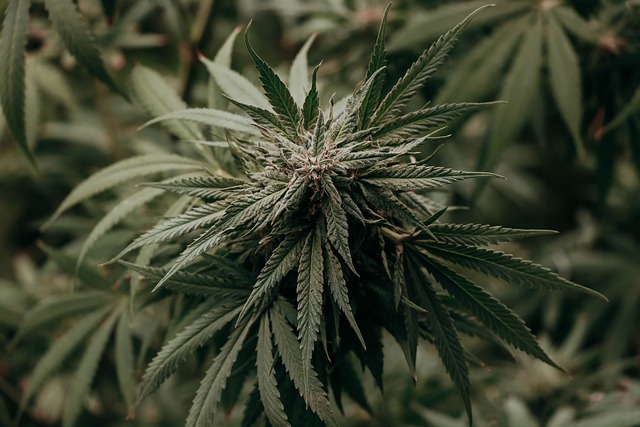Is THCA Flower Legal? A Look at the Legal Status and Regulations
The world of cannabis is complex, with various compounds and derivatives leading to a myriad of legal interpretations. One such compound is THCA, or tetrahydrocannabinolic acid, which is gaining attention for its potential benefits and unique properties. Why try THCa flower? This article explores the legal status of THCA flower, examining regulations, case studies, and the implications for consumers and businesses.
Understanding THCA: What Is It?
THCA is a non-psychoactive cannabinoid found in raw and live cannabis. Unlike THC, which is known for its psychoactive effects, THCA does not produce a high. When cannabis is heated, THCA converts to THC, which is why raw cannabis does not have the same psychoactive effects as smoked or vaporized cannabis.
THCA is often praised for its potential therapeutic benefits, including anti-inflammatory, neuroprotective, and anti-emetic properties. These attributes have sparked interest in its use for medical purposes, leading to questions about its legal status.
The Legal Landscape of THCA Flower
The legality of THCA flower is a subject of debate and varies significantly across jurisdictions. The primary factor influencing its legal status is the potential conversion of THCA to THC, which is a controlled substance in many regions.
Federal Regulations in the United States
In the United States, the legal status of THCA is influenced by the 2018 Farm Bill, which legalized hemp and its derivatives, provided they contain less than 0.3% THC. Since THCA can convert to THC, its legality under federal law is ambiguous. The Drug Enforcement Administration (DEA) has not provided clear guidance on THCA, leaving it in a gray area.
State-Level Regulations
State laws regarding THCA flower vary widely. Some states have embraced cannabis reform, allowing for the sale and use of THCA products, while others maintain strict prohibitions. For instance:
- California and Colorado have more lenient cannabis laws, permitting the sale of THCA products.
- States like Idaho and Nebraska have stringent cannabis restrictions, making THCA flower illegal.
Consumers and businesses must navigate these varying regulations to ensure compliance.
International Perspectives on THCA
Globally, the legal status of THCA is equally diverse. In Canada, for example, cannabis and its derivatives are legal, including THCA. European countries have differing stances, with some allowing medical use and others maintaining strict controls.
In Australia, THCA is considered a controlled substance, similar to THC, and is subject to strict regulations. This international patchwork of laws presents challenges for global trade and distribution of THCA products.
Case Studies: Legal Challenges and Developments
Several legal cases highlight the complexities surrounding THCA’s legal status. In one notable case, a company in California faced legal action for selling THCA products that allegedly exceeded the THC limit when tested. This case underscores the challenges businesses face in ensuring their products remain compliant with legal standards.
Another case in Oregon involved a consumer who was charged with possession of a controlled substance after purchasing THCA flower. The charges were eventually dropped, but the case highlighted the potential legal risks for consumers.
Implications for Consumers and Businesses
The ambiguous legal status of THCA flower presents both opportunities and challenges. For consumers, understanding the legal implications of purchasing and using THCA products is crucial. Businesses must navigate a complex regulatory environment to avoid legal pitfalls.
Some key considerations for consumers and businesses include:
- Staying informed about local and federal regulations regarding THCA.
- Ensuring products are tested and labeled accurately to reflect their THCA and THC content.
- Consulting legal experts to navigate the complexities of cannabis law.
The Future of THCA Legislation
The legal landscape for THCA is likely to evolve as more research emerges and public perception shifts. Advocacy for cannabis reform continues to grow, potentially leading to clearer regulations and broader acceptance of THCA products.
As scientific understanding of THCA’s benefits expands, lawmakers may reconsider its legal status, paving the way for more consistent regulations across jurisdictions.
Conclusion
The legal status of THCA flower is a complex issue influenced by a variety of factors, including federal and state regulations, international laws, and ongoing legal challenges. While THCA offers potential benefits, its association with THC complicates its legal standing. Consumers and businesses must remain vigilant and informed to navigate this evolving landscape. As legislation continues to develop, the future may hold more clarity and opportunities for THCA products.
